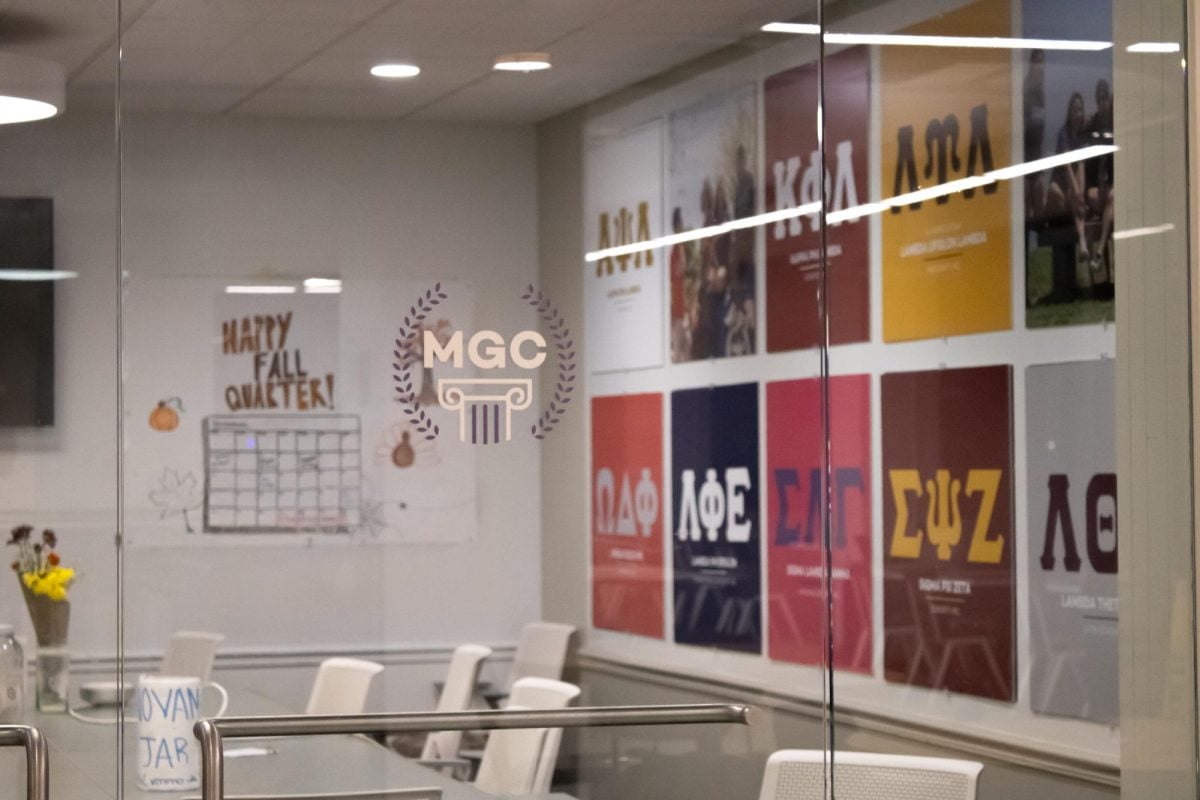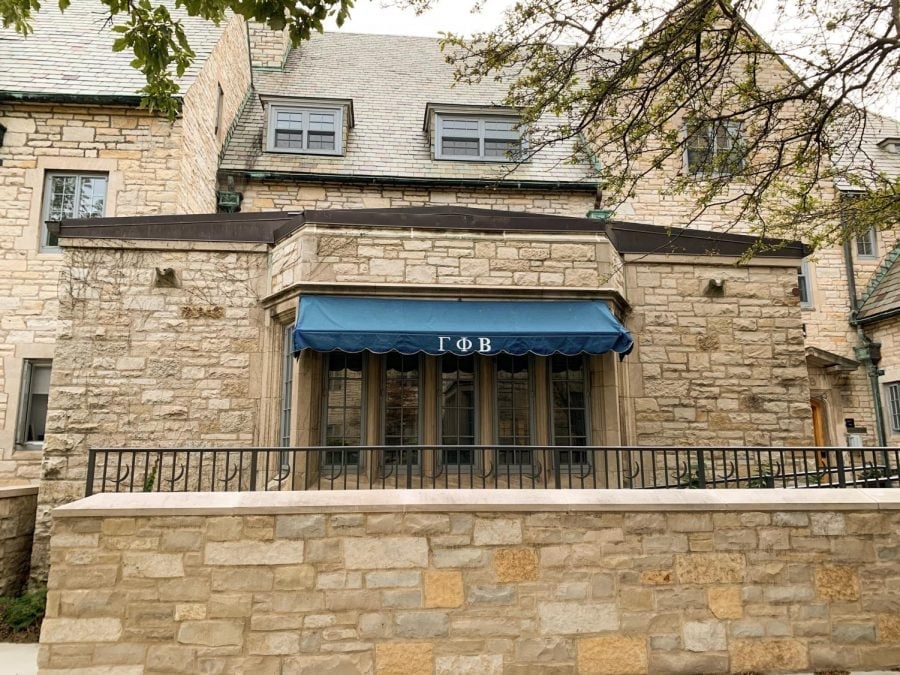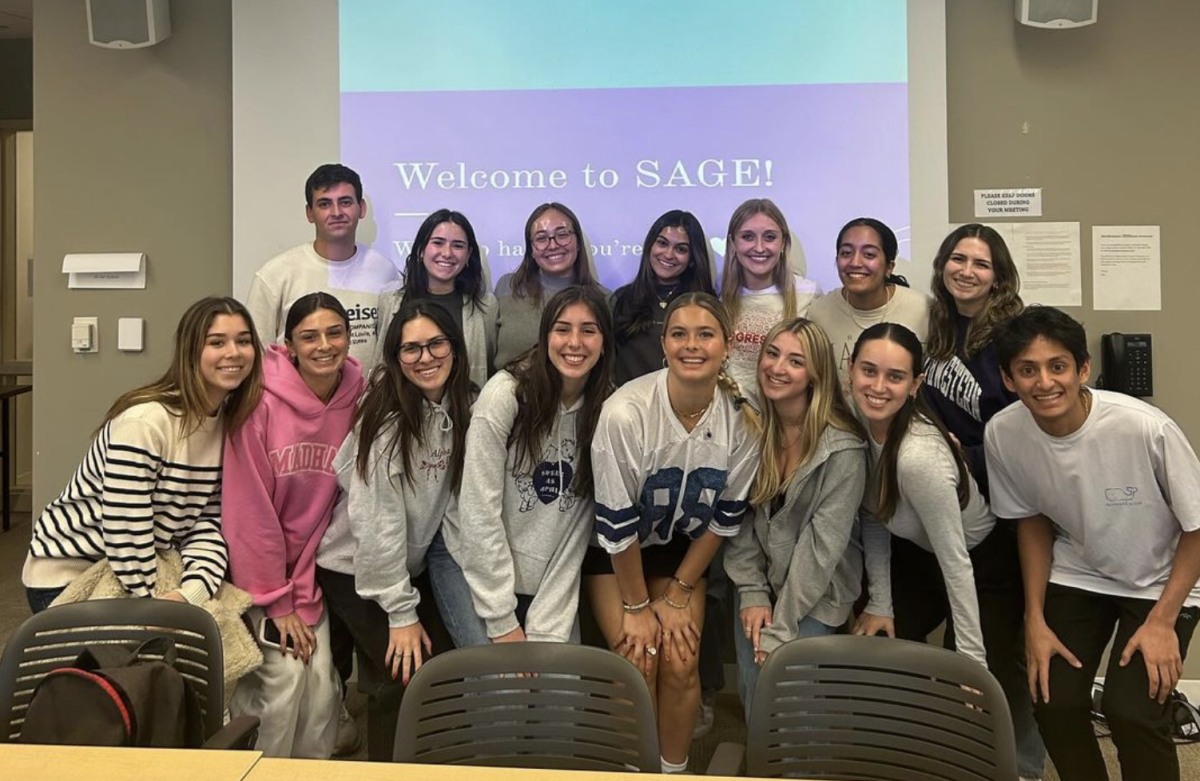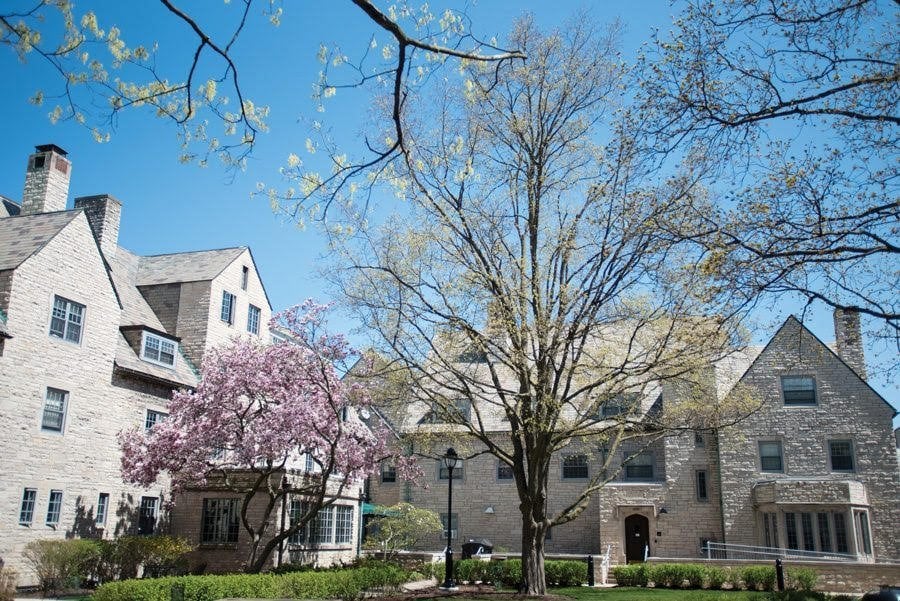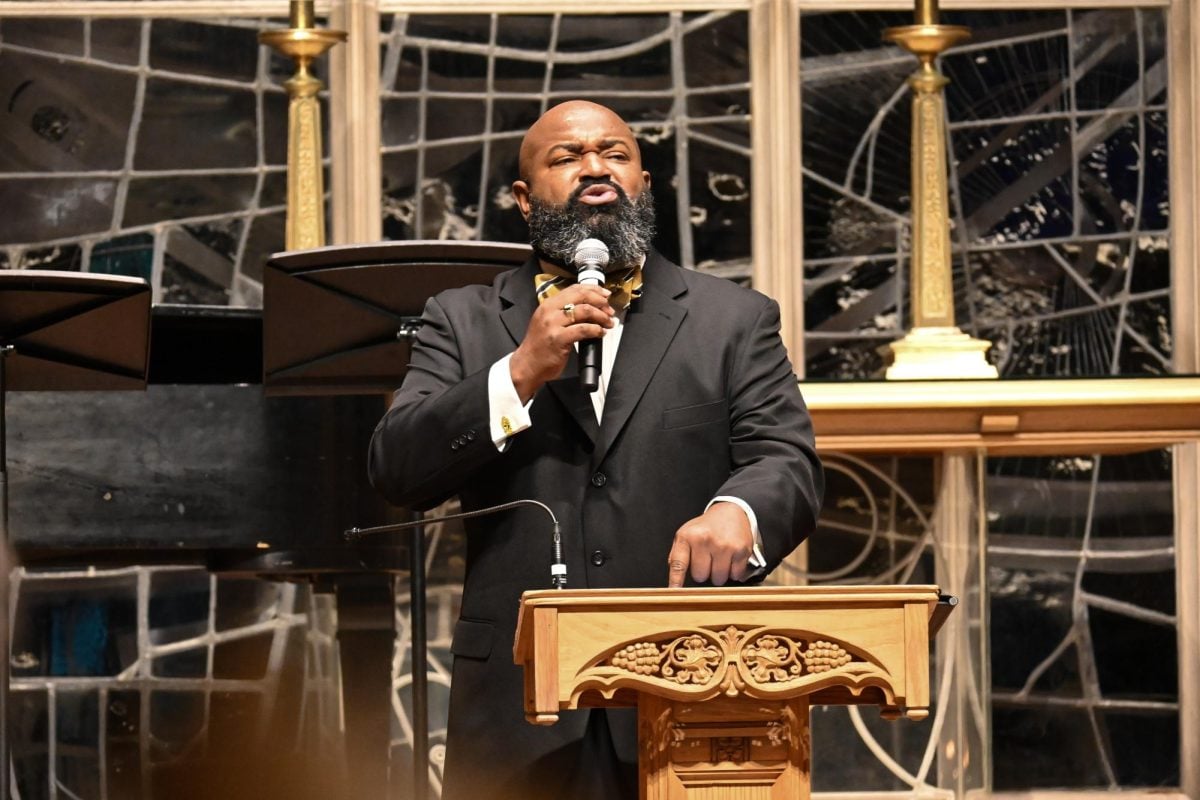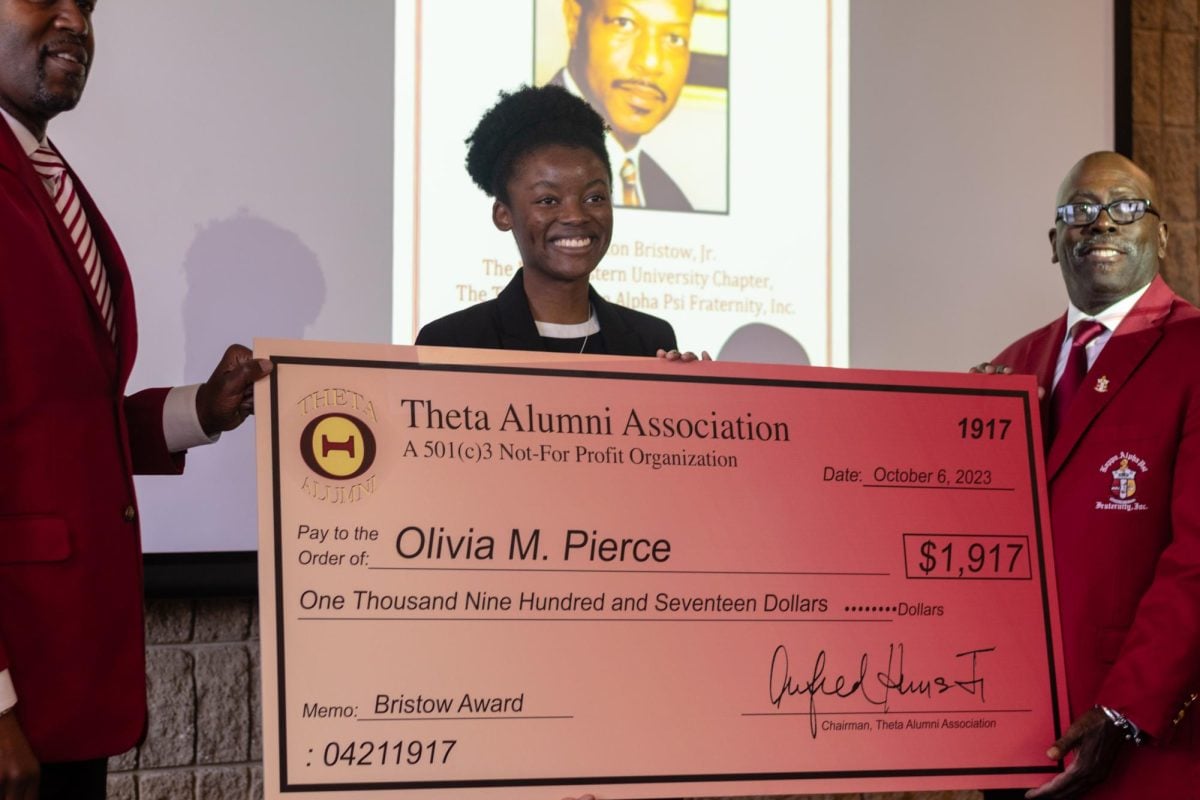Northwestern University Dance Marathon announced Tuesday that the Danny Did Foundation, a Chicago-based advocacy organization that aims to prevent deaths from epilepsy, will be the primary beneficiary of next year’s marathon.
Representatives for DM said the organization’s executive board unanimously voted to fund the Danny Did Foundation after a rigorous vetting process that required, among other things, a complete financial audit of every charity that applied for beneficiary status.
The Danny Did Foundation focuses on raising awareness of and funding the treatment for sudden death by epilepsy, which is estimated to affect 50,000 Americans annually. The foundation is named after Danny Stanton, a 4-year-old boy who died from a seizure while sleeping in 2009.
The decision was a nod to DM’s first three years, in which the organization sent proceeds to the American Epilepsy Foundation.
“This is a way for us to come full circle in our 39th year now,” said SESP sophomore David Harris, co-chair of public relations for DM. “We’re really excited with the impact we think this money is going to have.”
Harris said the executive board received about 65 applications from charities vying for beneficiary status. Among the factors considered were the opportunities for special events, the charity’s relationships with corporate sponsors and the feasibility of their proposed use of the funding.
Tom Stanton, executive director of the Danny Did Foundation and Danny’s uncle, said the money would be allocated to two main projects. In addition to subsidizing early detection devices, which could provide life-saving warnings before a seizure, the foundation will fund a web-based network called sudep.net, which would allow epilepsy researchers across the country to collaborate on research and development.
Dr. Stephan Schuele, a neurologist at Northwestern Memorial Hospital and assistant professor in the Feinberg School of Medicine, is pioneering the sudep.net project.
“The problem was that … we had no infrastructure to share data and analyze them and so forth. The idea was to create a database which basically allows other centers to collaborate and share data in a protected way,” he said.
With DM funding, Stanton said he hopes these initiatives will help raise awareness about epilepsy, which he said is not discussed enough in the public sphere.
“Most people’s notions of a seizure are pretty frightening. You have the stereotypes of convulsions or of horror movies,” Stanton said. “Most people want to be respectful or steer clear and not make it an issue, and I think over the years that has kind of left it in the corner.”
Harris said the fact that the Danny Did Foundation is a local organization also played a large role in its selection.
“It is in the DM mission statement to unite the Chicagoland community with the NU community,” Harris said. “And we think that there will be an even greater level of engagement from area residents who see that the impact will be a local one.”
Stanton agreed, saying people might be more attracted to a grassroots organization as opposed to a “more established and tenured organization” that has greater visibility. He said he expected “incredible growth” as a result of the partnership between the Danny Did Foundation and DM.
The money raised by DM has increased over the past few years, and Harris said the organization hopes to break the $1 million mark for the third time in 2013.
“(Epilepsy) is not a cause we’re unfamiliar with,” Harris said. “We expect and certainly hope to make it a third consecutive time.”
This article has been edited for clarity. David Harris is a SESP sophomore, and the article now reflects that. The Daily regrets the error.
